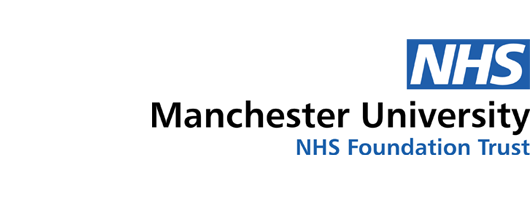Why was SAGE & THYME training developed?
To bring evidence-based skills (the secrets of listening and responding) into everyday practice for everyone in health and social care.
SAGE & THYME was co-created by both healthcare professionals and patients to ensure the training is grounded in real experience.
It meets the needs of both staff and those they care for.
- Healthcare professionals brought their knowledge of communication in busy clinical settings.
- Patients contributed their lived experience of what matters when they feel worried, distressed, or vulnerable.
This collaboration ensures the SAGE & THYME training is:
Clinically relevant – aligned with everyday practice and time pressures.
Patient-centred– focused on listening, empathy, and emotional support.
Trusted and effective – reflecting real conversations, not just theory.
The result is a communication skills programme that helps staff respond with confidence and compassion—improving patient care and supporting staff wellbeing.
The workshop was inspired by:
- The NICE Guidance in psychological support
- The published research in communications skills
It is different from advanced communication skills training which is designed for specialists (e.g. clinical nurse specialists, consultants).
SAGE & THYME training is the foundation training that everyone needs (including specialists).
In order to train many thousands of people, the workshop designers chose a short workshop (three hours), restricted the content (to just foundation level skills) and included 30 learners per workshop.
Since 2006, the SAGE & THYME Foundation Level workshop has been taught many thousands of times, as well as being updated several times and researched.
The SAGE & THYME Online workshop (equivalent to the SAGE & THYME Foundation Level workshop) was developed in 2020.
The train the trainer model (our SAGE & THYME facilitator course called ‘SATFAC’) has created pools of trainers in over 130 organisations over the last 13+ years.
SAGE & THYME training was originally developed by University Hospital of South Manchester NHS Foundation Trust (UHSM).
UHSM merged with Central Manchester University Hospitals NHS Foundation Trust on 1 October 2017 to form Manchester University NHS Foundation Trust.

